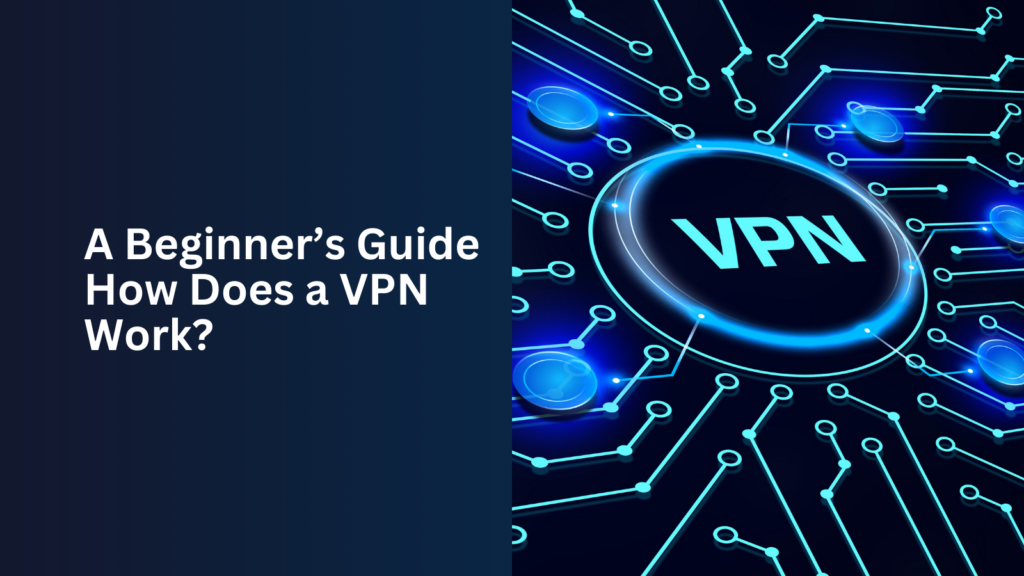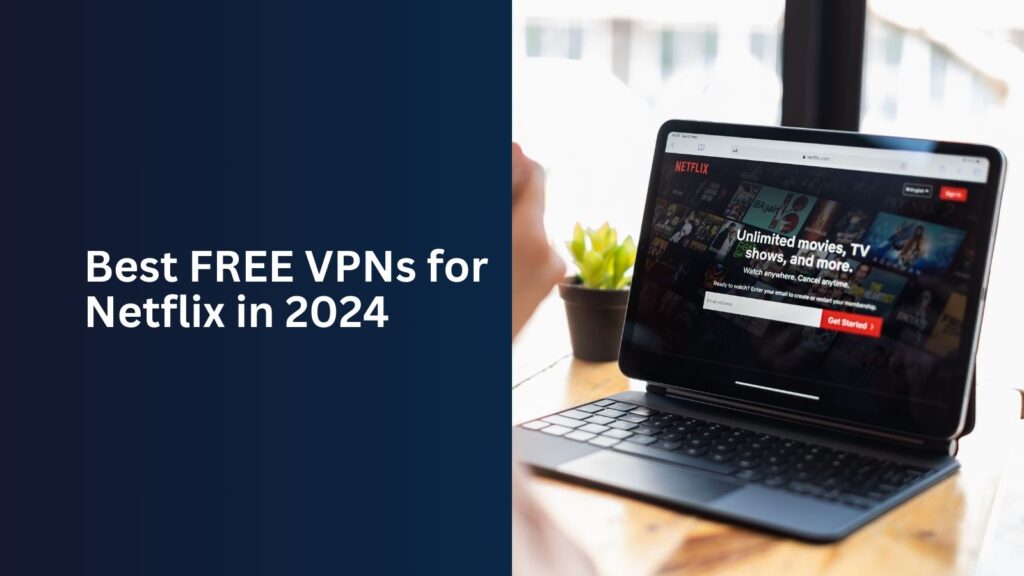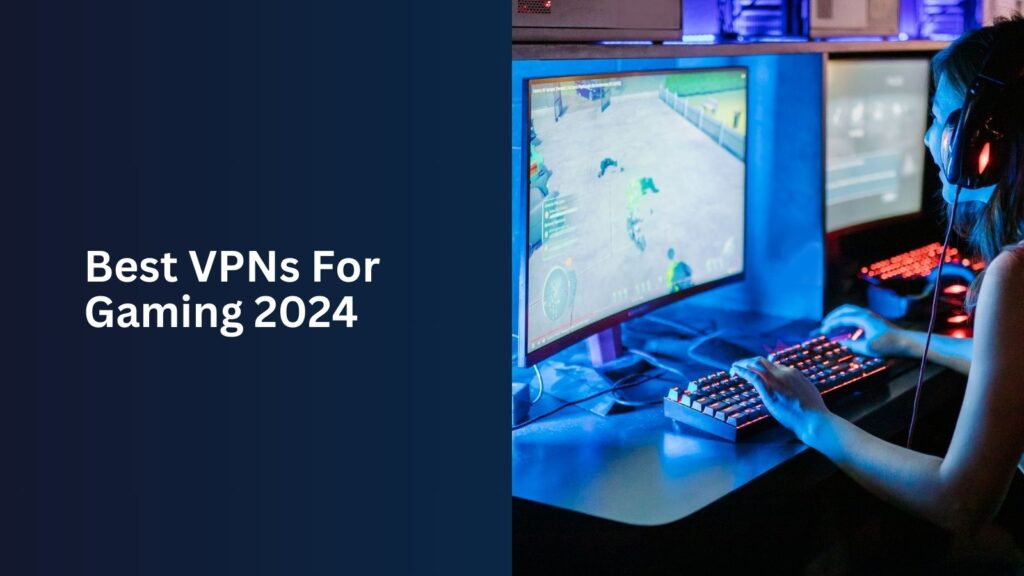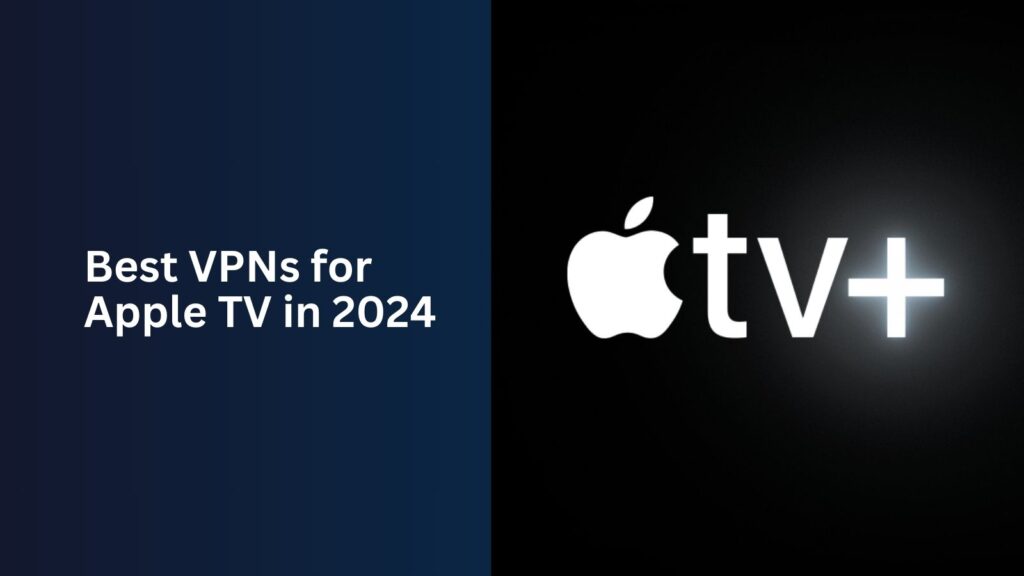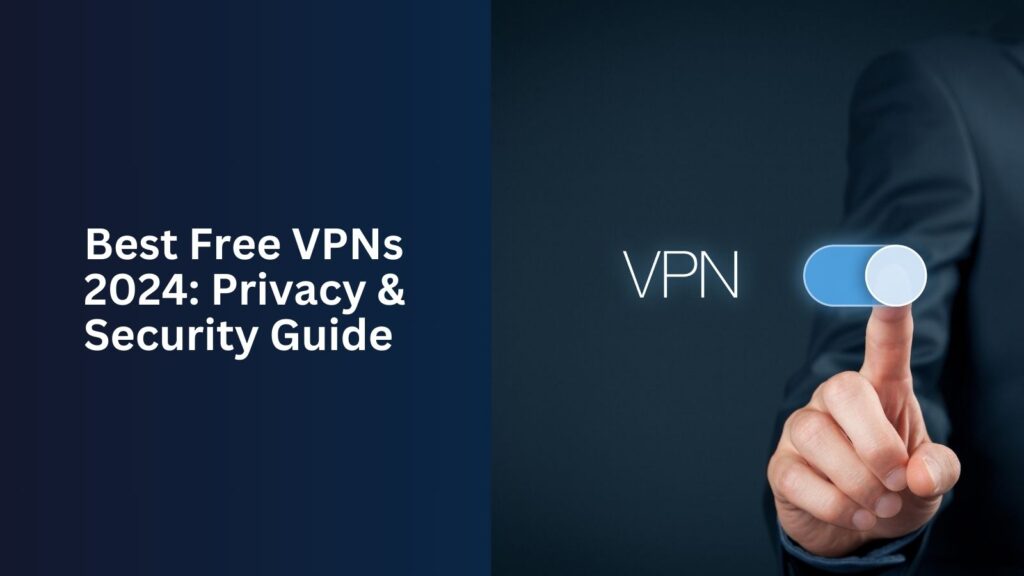Protecting your online privacy and security is more important than ever. A virtual private network (VPN) is one of the best ways to do this. But what exactly is a VPN, and why do you need one? In this blog, we’ll explain how VPNs work and highlight why you should start using one right now.
What is a VPN?
A VPN, or Virtual Private Network, is a tool that helps keep your online information safe and private. When you use the internet, your data travels from your device (like your computer or smartphone) to the website or service you’re using. This journey can expose your data to hackers, trackers, and other threats. A VPN creates a secure, encrypted tunnel between your device and the VPN server, ensuring that your data remains private and protected.
Basic Definition of a VPN
Think of a VPN as a secure bridge that connects you to the internet. This bridge hides your true location and makes your online activities more private. In other words, a VPN allows you to use the internet more safely and anonymously.
How Does a VPN Work?
When you connect to a VPN, you connect to one of the many servers the VPN company operates. These servers are located all over the world. Here’s a step-by-step explanation of how a VPN works:
- Connection to VPN Server: When you turn on your VPN, it connects your device to a VPN server. This server can be located in your own country or anywhere else.
- New IP Address: Once connected, your device is assigned a new IP address. This new IP address differs from your original one, making it harder for websites and services to track your real location.
- Data Encryption: The VPN encrypts your data, scrambling the information so that anyone trying to intercept it cannot read it. This is like putting your data in a secure, locked box before sending it over the Internet.
- Accessing the Internet: With your data encrypted and your IP address masked, you can browse the Internet more securely. Websites and services see the IP address of the VPN server instead of your IP address.
Anonymity and Privacy
A VPN provides you with more privacy and anonymity online by masking your IP address and encrypting your data. This means your internet service provider (ISP), hackers, and even websites can’t easily track your online activities or see your real location.
Benefits of Using a VPN
There are many benefits to using a VPN. Let’s explore some of the key reasons why you should consider using one:
- Enhanced Privacy
One of the biggest benefits of using a VPN is enhanced privacy. Without a VPN, your ISP can track your internet activity and sell your data to other companies. Your browsing history, search queries, and other personal information could be exposed. A VPN helps keep this information private.
- Access Blocked Content
Another major benefit of using a VPN is that it allows you to access websites and content that may be blocked in your location. For example, if you want to watch the British version of Netflix, you can connect to a VPN server in the UK and access Netflix as if you were in the UK.
- Secure Public Wi-Fi
Public Wi-Fi networks, like those in cafes, airports, and hotels, often need to be secured. This makes them a prime target for hackers who want to steal your personal information. A VPN encrypts your data, making it much harder for hackers to access your information, even on public Wi-Fi.
- Bypass Censorship
In some countries, the government censors certain websites and online services. A VPN allows you to bypass these restrictions by connecting to a server in a different country, giving you access to the uncensored internet.
- Improved Streaming
Some ISPs throttle or slow down your internet connection when you stream videos or play online games. A VPN can help prevent throttling by hiding your online activities from your ISP, resulting in smoother streaming and gaming experiences.
Best VPNs to Use
Many VPN services are available, but some stand out due to their reliability, speed, and security features. Here are four of the best VPNs you can use:
NordVPN
NordVPN is a popular choice due to its extensive network of servers and strong security features. It offers an easy-to-use native app and provides excellent encryption to keep your data safe. With NordVPN, you can use features like split tunneling and Smart DNS for an even better experience.
ExpressVPN
ExpressVPN is another top-tier VPN service known for its speed and reliability. It offers a user-friendly app and high-speed servers, perfect for streaming and browsing. ExpressVPN also provides 24/7 customer support to help you with any issues.
Surfshark
Surfshark is a more affordable option that doesn’t compromise on quality. It offers features like CleanWeb to block ads and malware, allowing unlimited device connections with one subscription. Surfshark also has Smart DNS, making it easy to use with various devices.
PureVPN
PureVPN is a solid choice with a focus on security. It uses the WireGuard protocol for fast and secure connections and includes a kill switch to protect your data if the VPN connection drops. PureVPN also offers split tunneling and a native app for easy setup.
How to Use a VPN
Using a VPN is simple. Here’s a step-by-step guide to help you get started with NordVPN as an example:
- Sign Up: Go to the NordVPN website for a subscription plan that suits your needs.
- Download the App: Download and install the NordVPN app on your device.
- Log In: Open the app and log in with your NordVPN account credentials.
- Connect to a Server: You’ll see a world map with blue dots representing the servers. Click on any of these blue dots to connect to a server in that location.
- Start Browsing: Once connected, you’ll have a new IP address, and your data will be encrypted. You can now browse the internet more securely and access geo-restricted content.
Conclusion
A VPN is a powerful tool that enhances online privacy, security, and freedom. Whether you want to keep your data safe from prying eyes, access blocked content, or protect yourself on public Wi-Fi, a VPN is an essential tool. By using a reliable VPN service like NordVPN, ExpressVPN, Surfshark, or PureVPN, you can enjoy a safer and more open internet experience.

